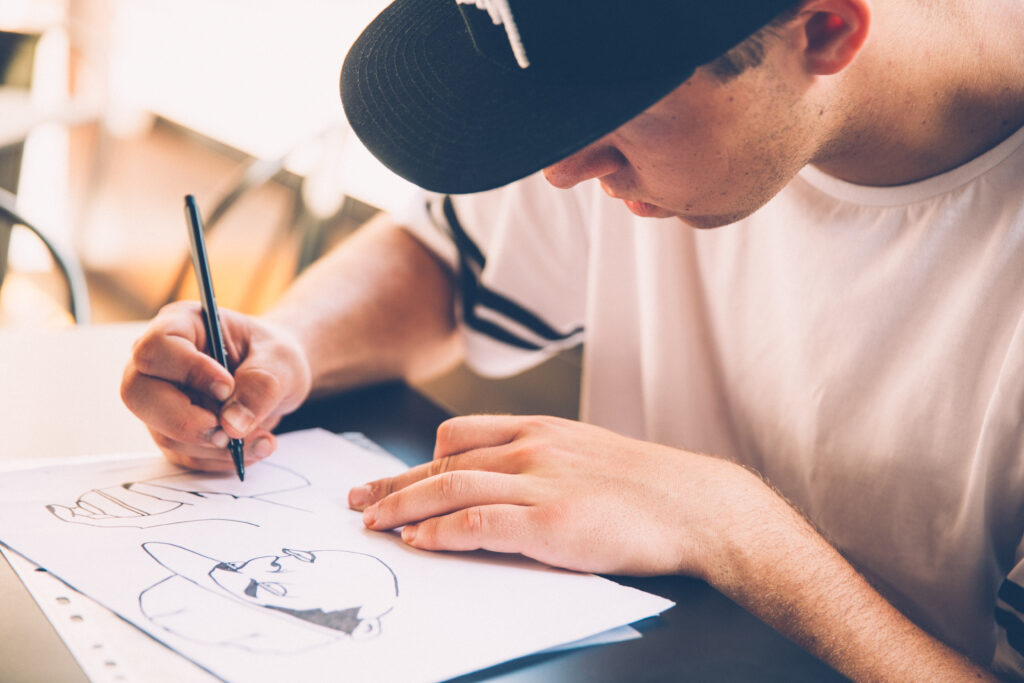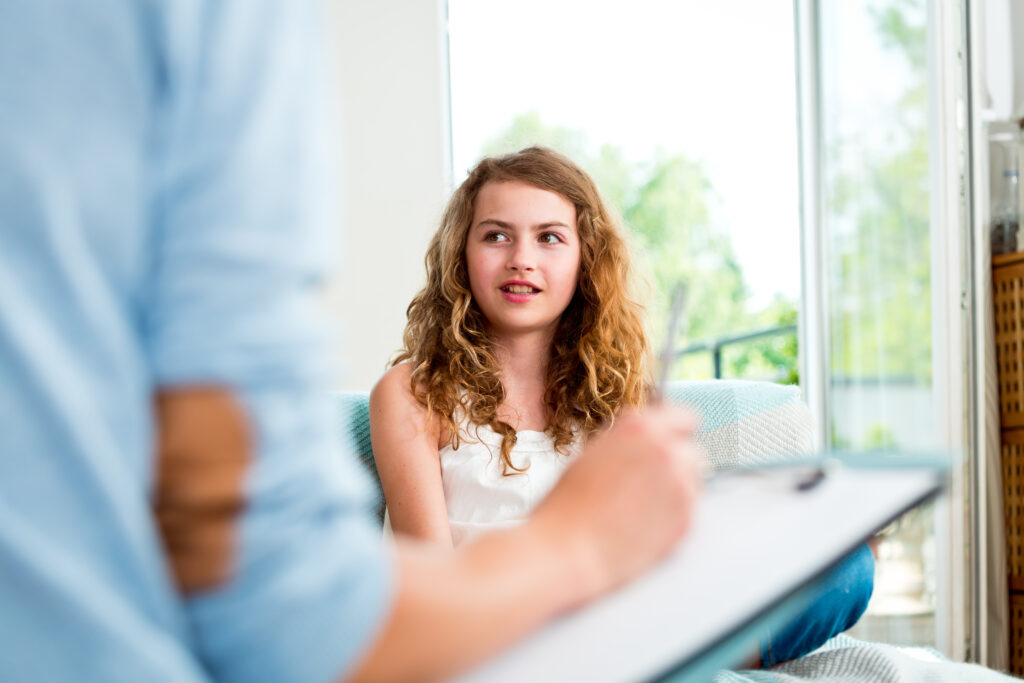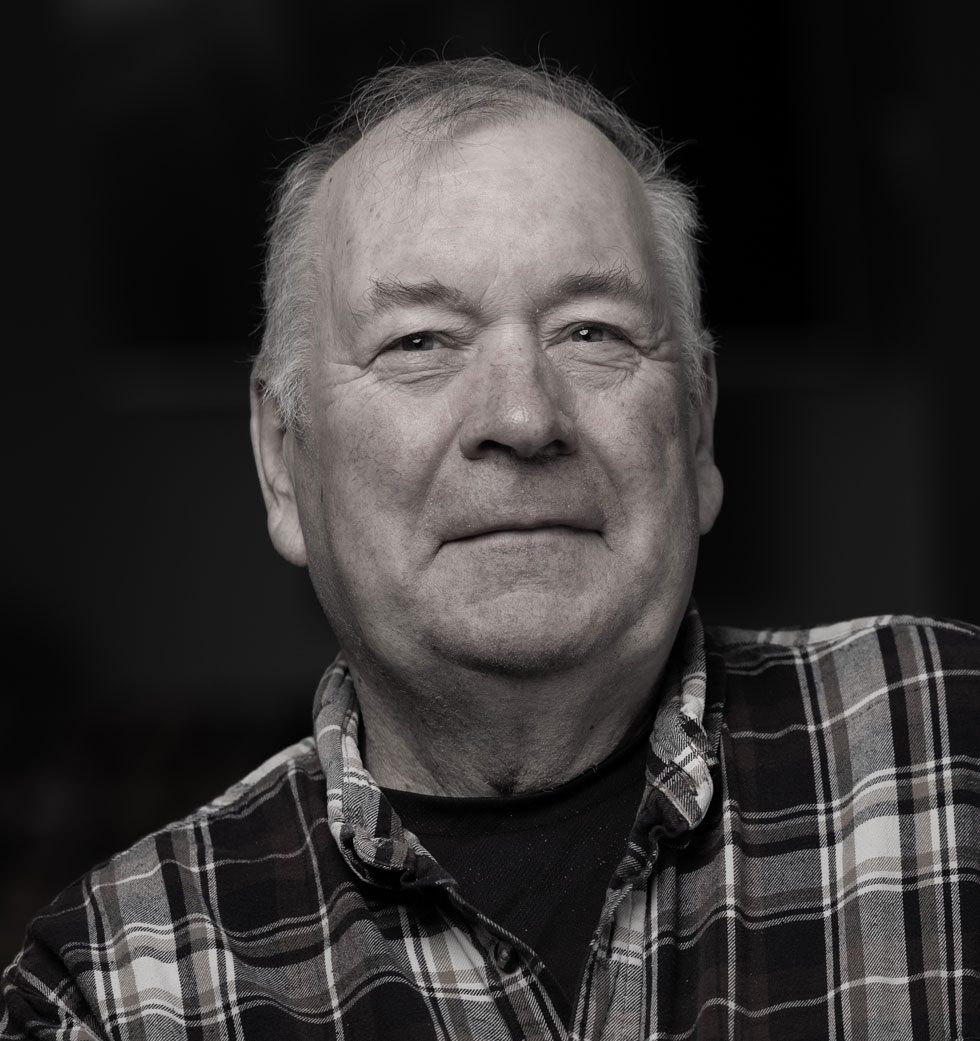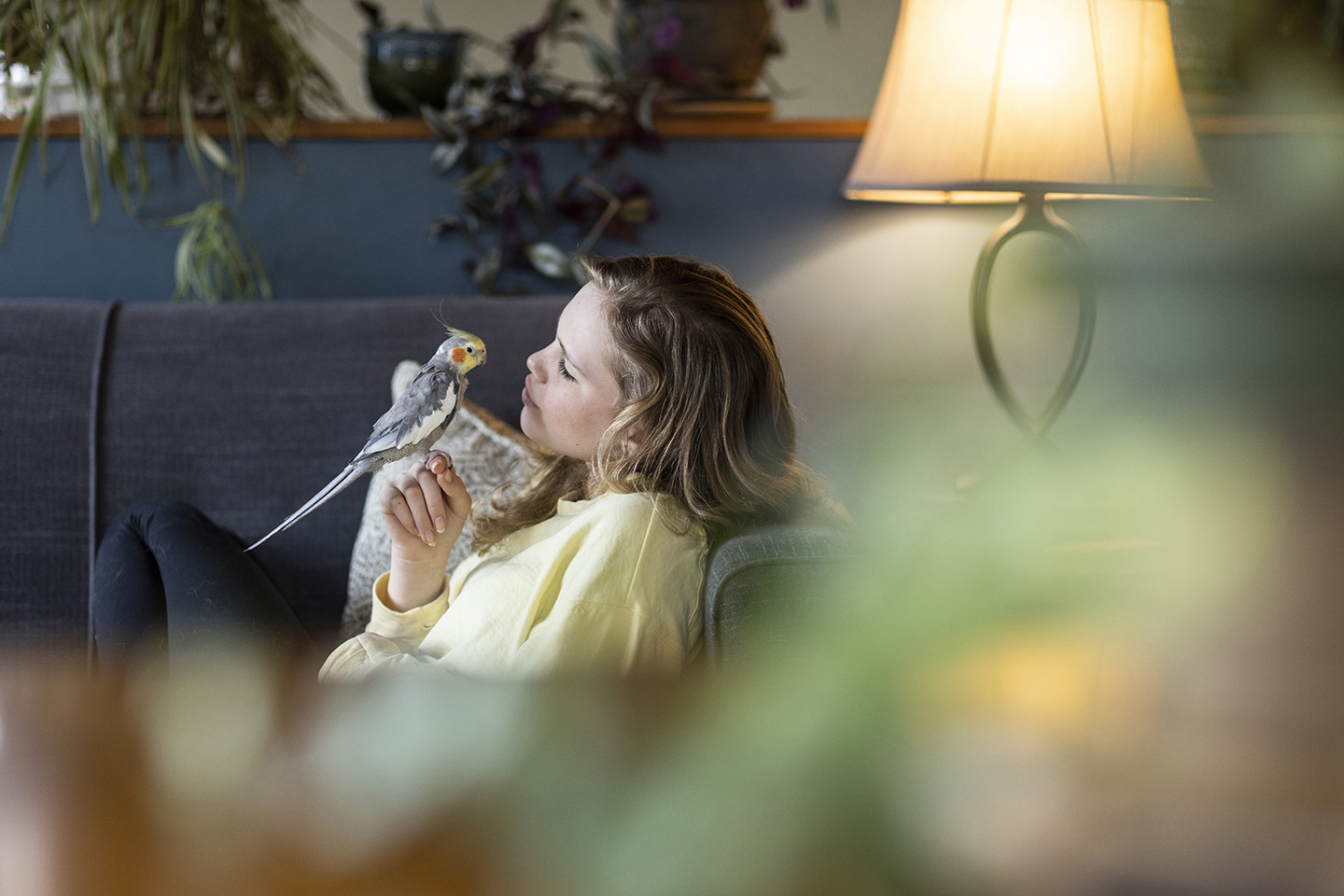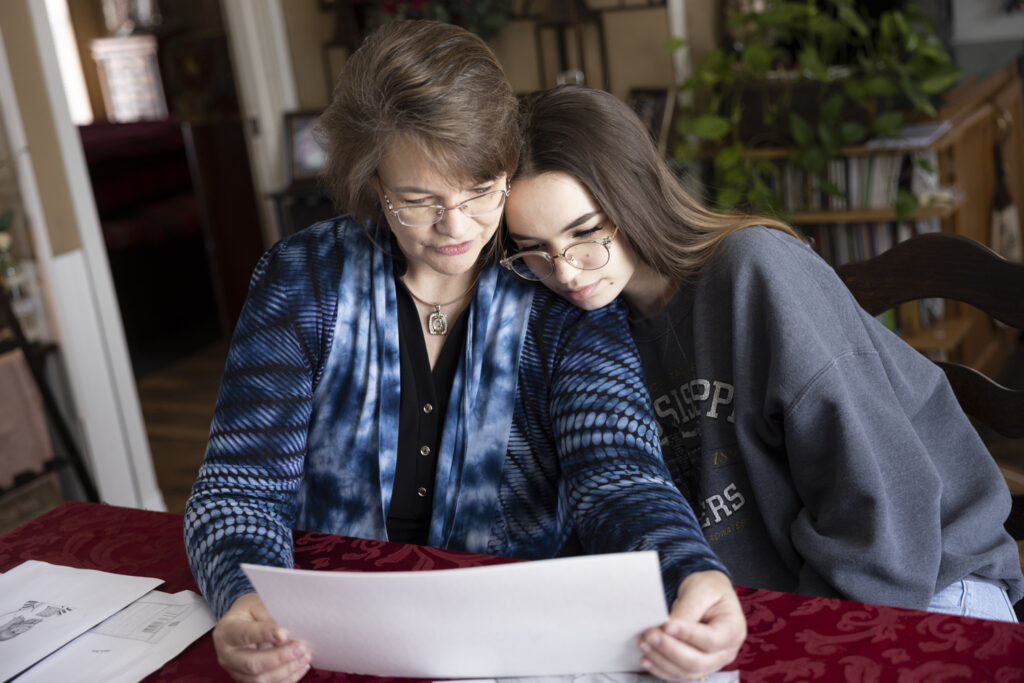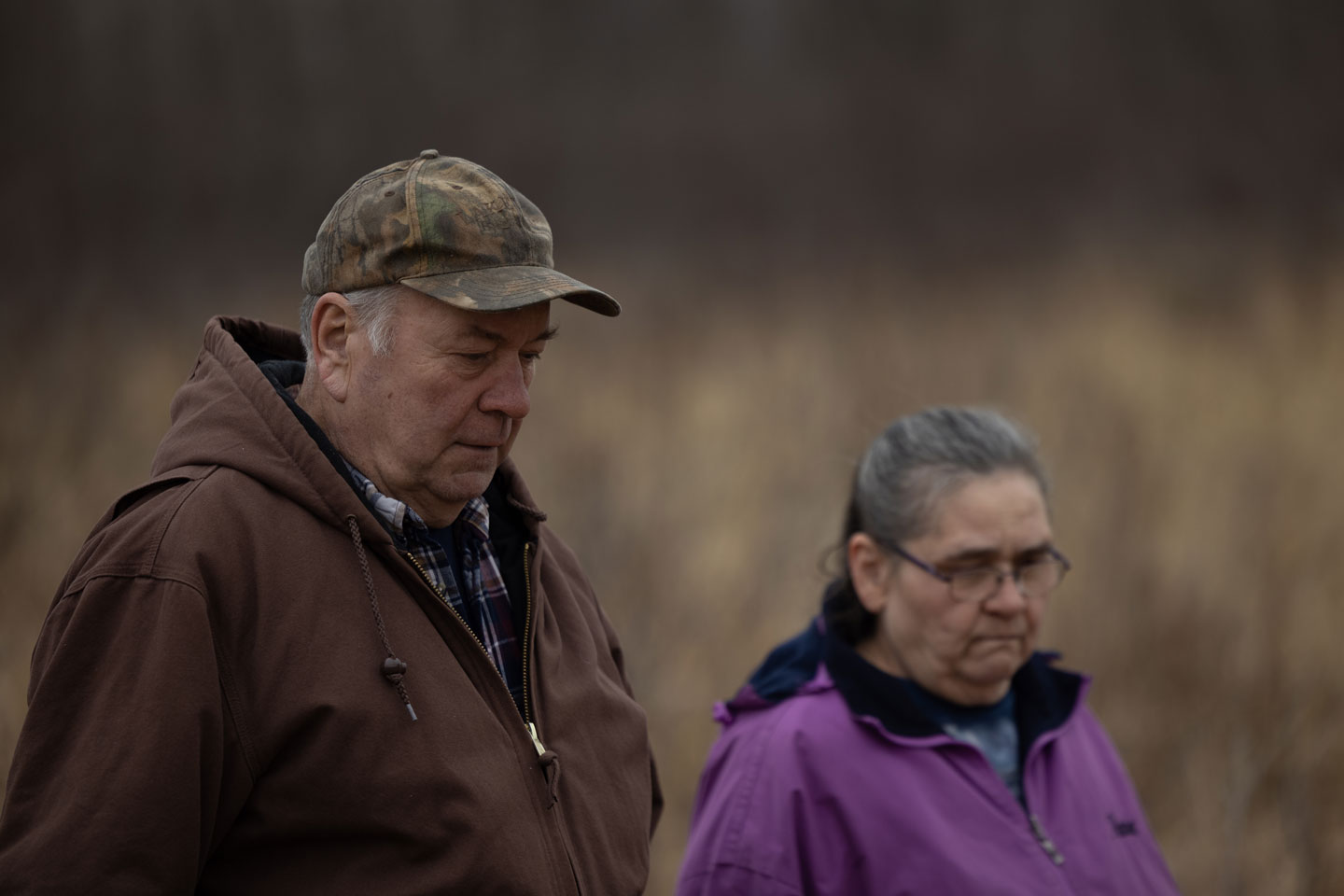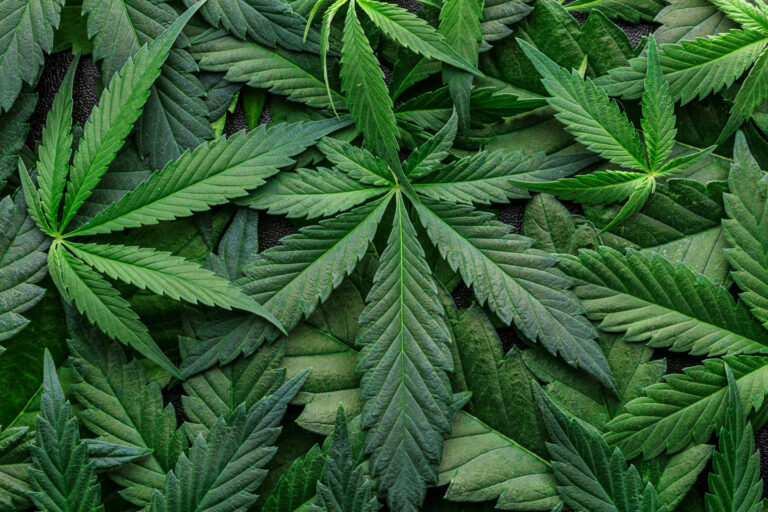If you are concerned about your child’s behaviors, it is important to get appropriate care. You should:
- Talk to your child’s doctor, school nurse or another health care provider and seek further information about the behaviors or symptoms that worry you
- Ask your child’s primary care physician if your child needs further evaluation by a specialist with experience in child behavioral problems
- Ask if your child’s specialist is experienced in treating the problems you are observing
If the situation is potentially life-threatening, get immediate emergency assistance by calling 911.
If your child is considering suicide or is in emotional distress, you can have them call or text 988—the Suicide & Crisis Lifeline. Trained crisis workers are available to talk 24 hours a day, 7 days a week.
(Source: mentalhealth.gov)


